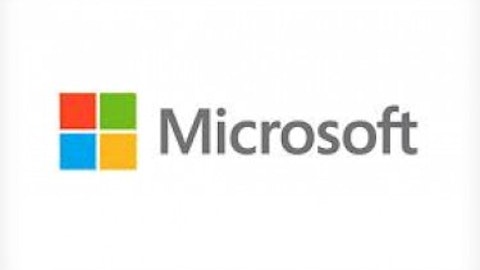Most of billionaire Ray Dalio’s Bridgewater Associates’s capital is invested in macro instruments such as currencies and commodity futures, but a portion of the fund invests in equities in order to pursue its investment strategies. Bridgewater therefore files quarterly 13Fs with the SEC to disclose many of these equity positions. Insider Monkey has found that investors can use 13F filings in a number of ways. First, the included information can be used to help develop investment strategies- we’ve found that the most popular small cap stocks among hedge funds generate an average excess return of 18 percentage points per year (learn more about our small cap strategy). Our own portfolio based on these techniques outperformed the S&P 500 by 33 percentage points in the last 11 months.
Even with Bridgewater generally focused on macro, reviewing its 13F can also suggest how the fund is playing the markets and possibly help investors identify initial ideas for further research. Read on for three things we noticed in the fund’s most recent 13F compared to its previous ones or see a history of Bridgewater’s filings.

It is cheap in earnings terms, with a P/E of 12, and of course continues to offer a high yield, but investors should be concerned that the company is not handling shifts in consumer tech preferences very well. Lockheed Martin Corporation (NYSE:LMT) features earnings multiples in the low teens, and despite lower revenues (partially stemming from federal military spending cuts) it has at least temporarily been managing higher profits. With a beta of 0.6 Lockheed Martin Corporation (NYSE:LMT) is also a somewhat defensive name.
Selling Microsoft. According to our database of filings, for over a year Microsoft Corporation (NASDAQ:MSFT) had been one of Dalio’s largest single-stock holdings; the investment team sold over 90% of its shares in the tech company between April and June. Microsoft Corporation (NASDAQ:MSFT), like Intel and Lockheed Martin, is trading close to value territory according to conventional metrics (the trailing P/E is 12, for example). However, we’d note that net income is experiencing a temporary bump from sales of new versions of Windows and Office. In the first quarter of the year Microsoft Corporation (NASDAQ:MSFT) had dropped to #10 on our list of the most popular stocks among hedge funds (check out the full top ten list).
Adding to two tech picks. Bridgewater significantly increased its holdings of QUALCOMM, Inc. (NASDAQ:QCOM) and F5 Networks, Inc. (NASDAQ:FFIV); those two tech stocks, along with Oracle Corporation (NYSE:ORCL) are its new top three picks. Last quarter QUALCOMM, Inc. (NASDAQ:QCOM)’s revenue and earnings each grew over 30% compared to the same period in the previous fiscal year. Its trailing P/E is 18, with Wall Street analysts optimistic enough about the future that the forward earnings multiple is 14 and the five-year PEG ratio is only 0.9. Billionaire Tiger Cubs Andreas Halvorsen of Viking Global and Stephen Mandel of Lone Pine Capital had each owned over 8 million shares of QUALCOMM, Inc. (NASDAQ:QCOM) at the end of the first quarter of the year. F5 Networks, Inc. (NASDAQ:FFIV), a $7.3 billion market cap networking connection technology company, has seen essentially flat operating income so far in its current fiscal year. Bulls believe that F5’s network data switching product, which also protects customers from DDoS attacks, is poised for high growth as Internet traffic rises (particularly in data-dense verticals, namely video) and justifies the trailing earnings multiple of 27.
We actually think that Lockheed Martin is worth a closer look, particularly for income investors, as at least so far the company seems to be prospering despite spending cuts. While F5 Networks, Inc. (NASDAQ:FFIV) does seem a bit pricy considering its recent results we do think that Bridgewater’s recommendation of Qualcomm is interesting. Even if improvements slow in the future the earnings multiples are modest enough that Qualcomm could be a “growth at a reasonable price” stock.
Disclosure: I own no shares of any stocks mentioned in this article.





